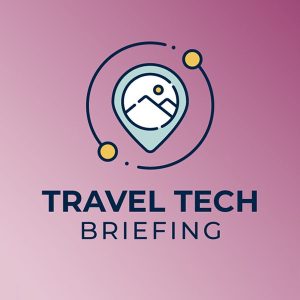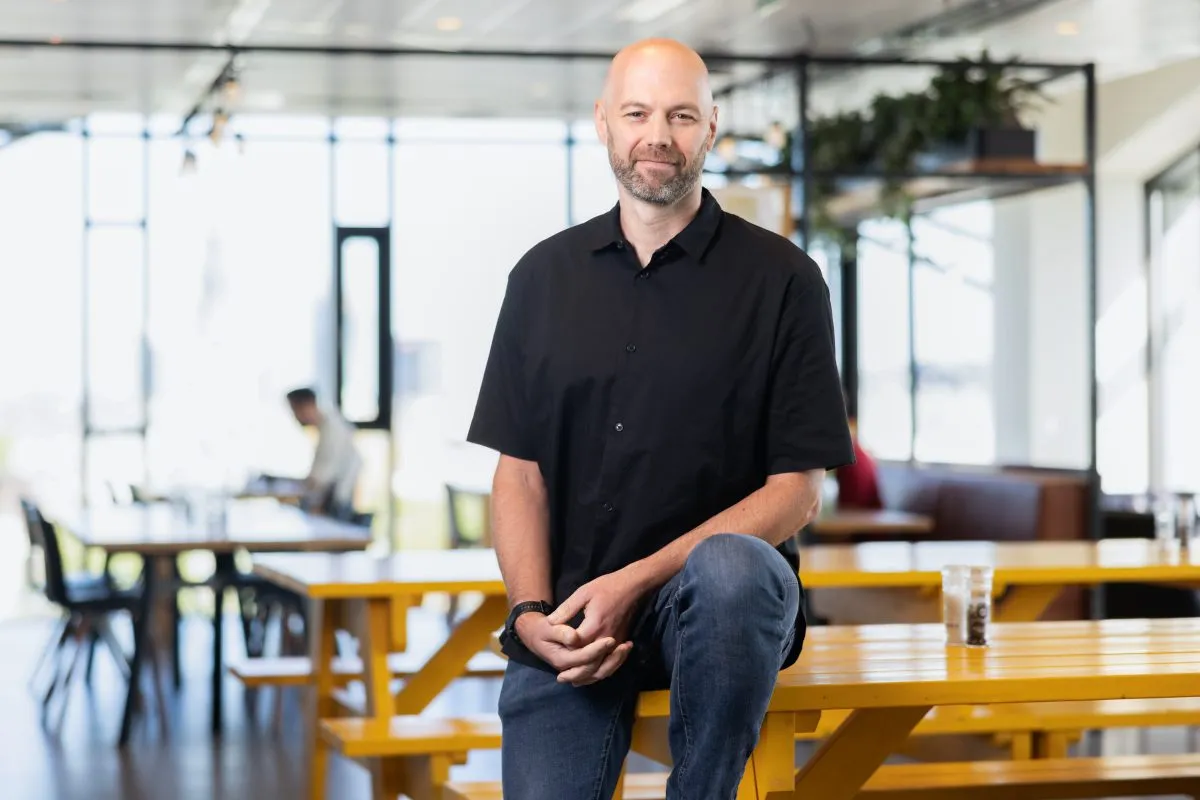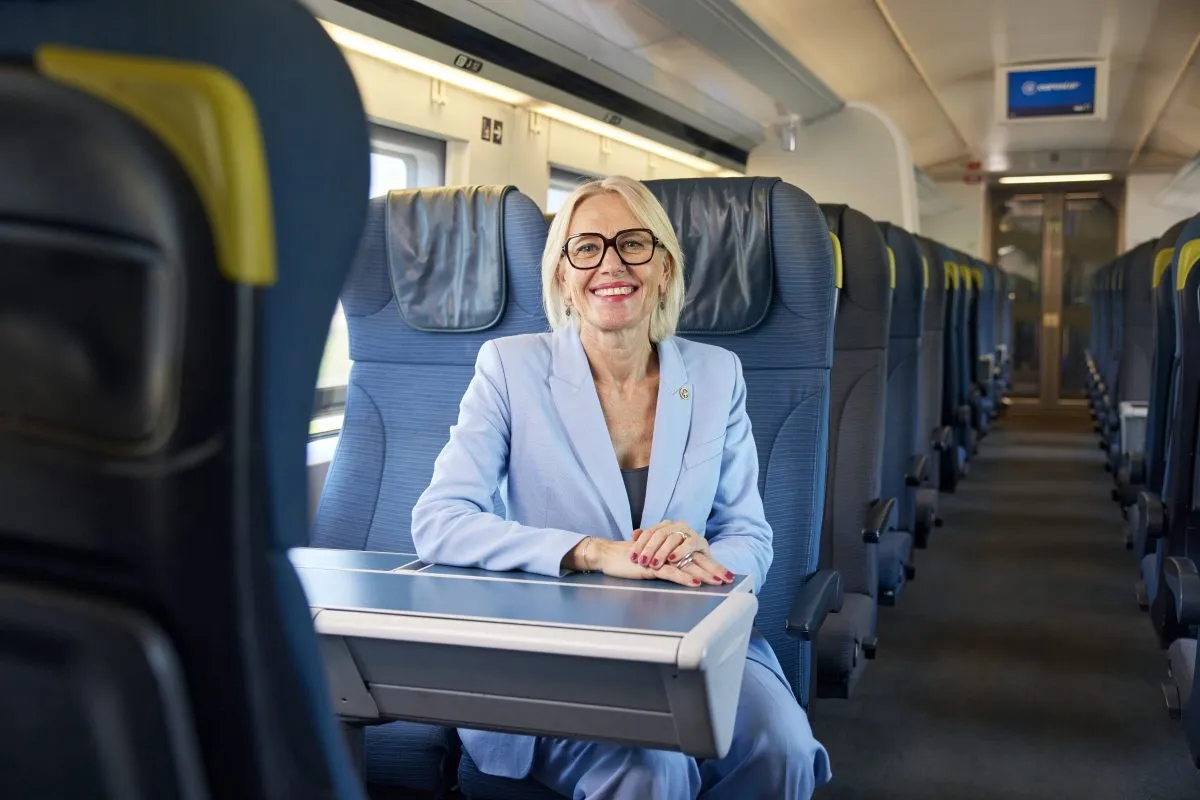Hotels Are Still Too Slow to Adopt Tech Post-Pandemic
Skift Take

Travel Tech Briefing
Editor’s Note: Exclusive reporting on technology’s impact on the travel industry, delivered every Thursday. The briefing will guide executives as they decide if their companies should “build, buy, or partner” to stay ahead.Before the pandemic hit, hotels had spent roughly 2.5 percent of revenue on new technologies. The size of that investment dropped during the pandemic.
Many hoteliers have said that they are implementing new technology now, or they plan to. A 2022 survey of 500 hoteliers by hotel tech company Stayntouch and the NYU Tisch Center of Hospitality found that 50 percent expected to grow innovation by the end of 2022.
Despite the growth, it’s not happening fast enough — especially considering the financial state of the industry — and hotels are needlessly losing money to inefficient systems in the process. Yes, it takes money to adopt new technology, but there is a payoff long-term — that's how investment works.
All of the third-party hotel tech companies, new or old, each contract a small fraction of the number of hotels worldwide, though their customer bases are growing.
Mews, a hotel tech startup that just raised $185 million, has more than 3,200 hotel customers worldwide. MCR-owned Stayntouch said it serves more than 100,000 total rooms.
Cloudbeds, a hotel tech startup that has raised $253 million in total, has more than 20,000 hotel customers worldwide.
Oracle — the most established hotel tech company — has roughly 40,000, typically the larger hotels.
If you consider the number of hotels there are worldwide, that level of adoption just isn't very high.
All the software systems are growing, but they’re still getting significant pushback potential customers.
Adam Harris, CEO of Cloudbeds, which specializes in independent hotels, thinks it comes from a few places, particularly hesitancy to adopt something new.
“The average percentage of spend for technology in the hotel industry is like a fraction of what it should be,” Harris said.
“The number one reason why we don't sign a customer up is not because they went to a competitor of ours; it’s because they're afraid of the change.”
Harris thinks another reason is the reliance that hotels have on a fragmented system that requires them to piece together software from multiple companies. But it’s not just hotels that are stuck in the past — some universities are still training on platforms that are decades old.
At the same time, Harris believes some of the big brands are more worried about the top line than helping individual properties more efficiently complete operations.
As other industries are rolling out new technology powered by artificial intelligence, much of the travel industry is still catching up to the beginning of the 21st century. That can be frustrating for innovators in the industry.
“There's manual tasks that hoteliers do every single day that don't need a human involved, yet our industry requires them. I mean, only 13 percent of door locks in our industry are digital,” Harris said.
“We're so focused on today's guests, we're not even looking at the next guest, who's going to change five years from now, 10 years from now.”
Labor shortage is one of the top issues that has caused hotels to push for more tech adoption recently. Because of that, some hotels do not have the bandwidth to capture all potential customers, especially if they don’t have an up-to-date booking system. Meanwhile, hotels are continuing to lost money to intermediaries, like online travel agencies, when there is tech that can help secure direct bookings.
Harris believes it will take all the innovative companies continuing to push and present data in order to move the collective industry forward.
“We point to excuses, like change is too hard or labor is the cause. These things can all be solved by technology and the slight investment improvement. And even if it meant shifting one reservation or two reservations a month away from an OTA, you pay for all that technology improvement with with just the savings and commission," Harris said.
"It's not like we need them to climb mountains. We just need them to walk up a small hill and start there. And then we can incrementally get better."
Regardless, the change is inevitable — because it’s largely what customers want.
“I don't know if this industry is ready for it, but a lot of change is coming," Harris said.





